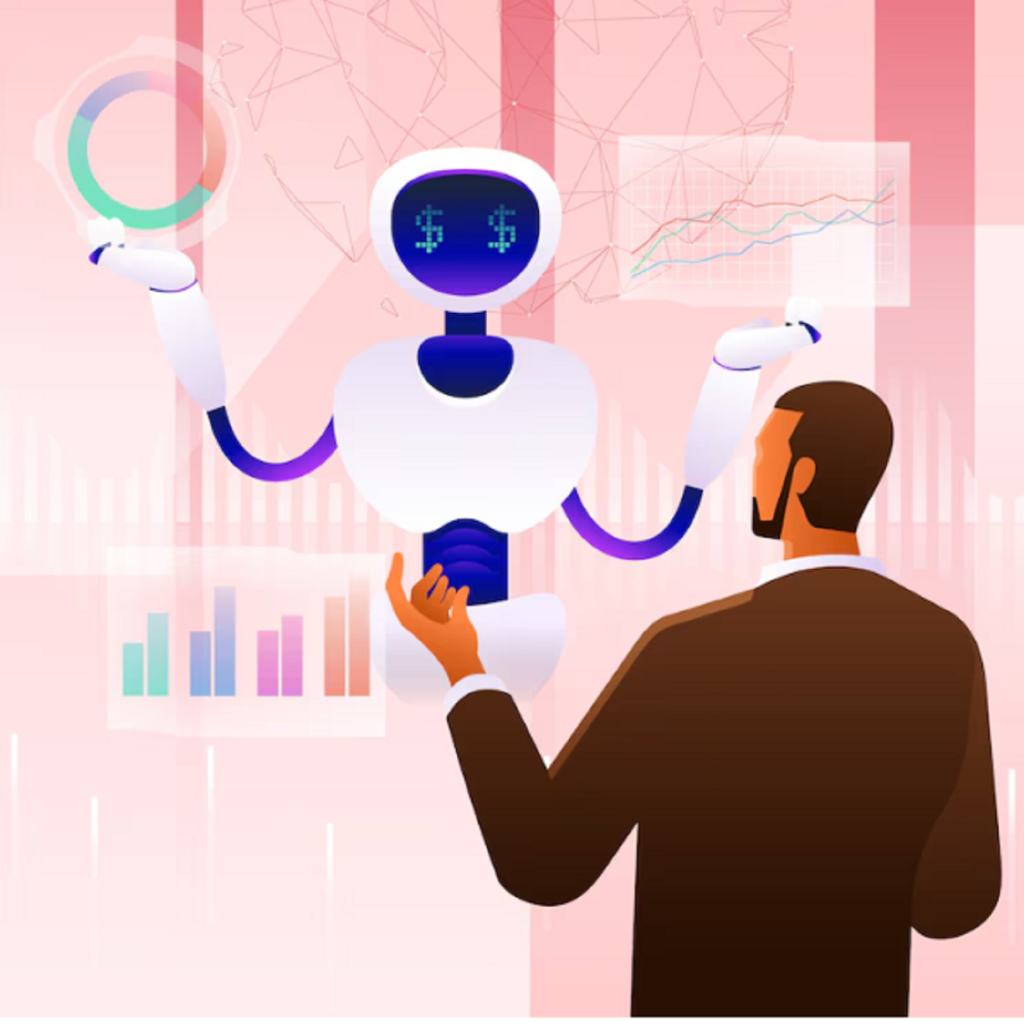Artificial Intelligence (AI) is rapidly transforming the world of sales. With its ability to analyze vast amounts of data, AI has the power to make sales teams more efficient and effective, enabling them to identify new opportunities, optimize sales processes, and personalize interactions with customers.
One of the most significant ways AI is being used in sales is through predictive analytics. By analyzing data on customer behavior, past sales patterns, and market trends, AI-powered tools can predict which leads are most likely to convert to customers and which products are most likely to sell. This helps sales teams prioritize their efforts and focus on the most promising opportunities.
Also catch: Episode 179 Of The SalesStar Podcast: The Impact of Al in Sales and Marketing with Ketan Karkhanis, EVP & GM, Sales Cloud, Salesforce
AI also enables sales teams to personalize their customer interactions by analyzing customer data to create targeted messaging and offers. This personalized approach can improve customer engagement and increase the likelihood of a sale.
Overall, AI is rapidly becoming an essential tool for sales teams looking to stay ahead in an increasingly competitive marketplace. With its ability to analyze vast amounts of data and provide actionable insights, AI is helping sales teams make smarter decisions, improve productivity, and ultimately drive revenue growth.
Read More: SalesTechStar Interview with Laura Zwahlen, Chief Revenue Officer at NextRoll
Common Misconceptions About the Power of AI in Sales
As the use of artificial intelligence (AI) in sales becomes more widespread, many misconceptions exist about its capabilities and limitations. Here we will explore and debunk some of the most common misconceptions surrounding AI in sales and highlight the true potential of this technology.
1. Misconception: AI can replace human sales representatives.
Fact: While AI can automate many aspects of the sales process, such as lead scoring and qualification, it cannot replace the human touch in sales. Building relationships and providing personalized experiences are still crucial for success in sales. AI can certainly support sales representatives by providing them with data-driven insights and recommendations. But it cannot replace the human element of empathy, creativity, and persuasion.
2. Misconception: AI can solve all sales problems.
Fact: It is essential to recognize that AI is not a substitute for human intelligence and experience. It is a tool that can help sales teams improve their performance, but it cannot solve all sales problems on its own. While AI can analyze data and identify patterns, it cannot replace the need for strategic thinking, creativity, and human judgment. Sales teams must still rely on their expertise and experience to interpret AI-generated insights and make informed decisions. Ultimately, sales success depends on a combination of AI and human intelligence working together towards a common goal.
3. Misconception: AI is only useful for large enterprises.
Fact: The democratization of AI technology has made it increasingly accessible to businesses of all sizes. Small and medium-sized enterprises (SMEs) can now benefit from AI-powered sales tools and platforms to streamline their sales processes and improve their performance. AI can help SMEs automate routine tasks, personalize customer experiences, and leverage data analytics to identify new opportunities and optimize sales strategies. With the rise of affordable and user-friendly AI tools, businesses of all sizes can take advantage of the power of AI in sales without requiring significant investments in infrastructure or expertise.
3. Misconception: AI is a one-time implementation.
Fact: AI is not a static technology that can be implemented once and forgotten. It is a dynamic and constantly evolving tool that requires ongoing attention and investment. AI models must be trained and updated continuously to remain relevant and accurate. Sales teams must regularly evaluate and refine their AI-powered processes to ensure they are aligned with their goals and customer needs. The optimization of AI in sales is an ongoing process that requires a commitment to continuous improvement.
4. Misconception: AI is a silver bullet for sales revenue growth.
Fact: While AI can help increase sales revenue, it does not guarantee success. AI is a tool that can support sales teams in identifying opportunities, optimizing processes, and providing data-driven insights. However, the ultimate success of sales depends on a variety of factors, including product-market fit, sales strategy, and customer experience. AI can help sales teams work smarter, but it cannot replace the hard work and dedication required to achieve sales revenue growth.
AI is a powerful tool that can support sales teams in achieving their goals. First, however, it is important to understand its capabilities and limitations to avoid common misconceptions. By leveraging AI in the right way and with the right mindset, sales teams can achieve greater efficiency, effectiveness, and revenue growth.
Businesses can make informed decisions about leveraging AI in sales to drive revenue growth and improve customer experiences. With ongoing attention and investment, businesses of all sizes can harness the power of AI to gain a competitive edge in today’s rapidly evolving sales landscape.
Read More: Sales Performance Management Software: Tracking, Reporting, and Incentive Programs





















